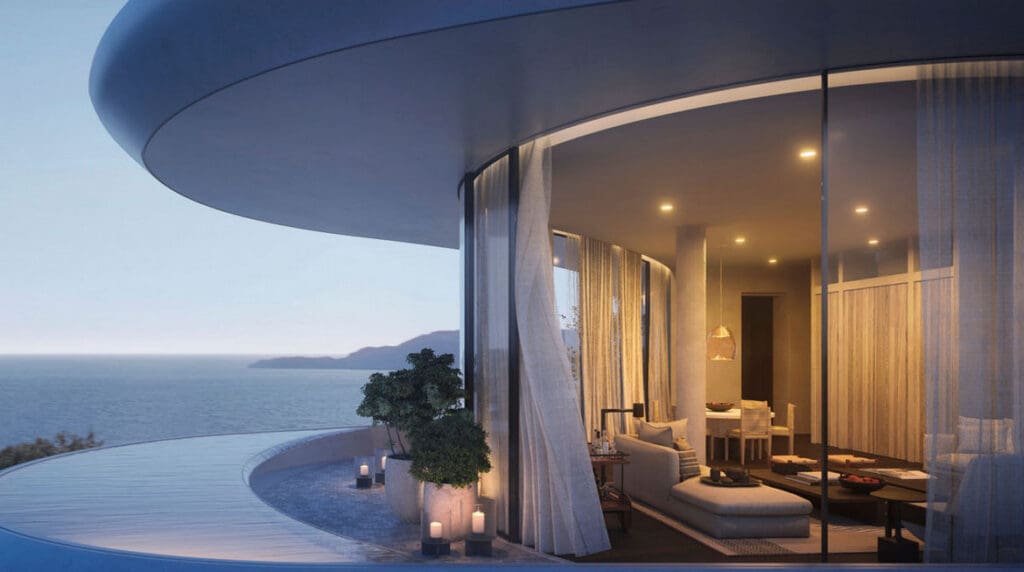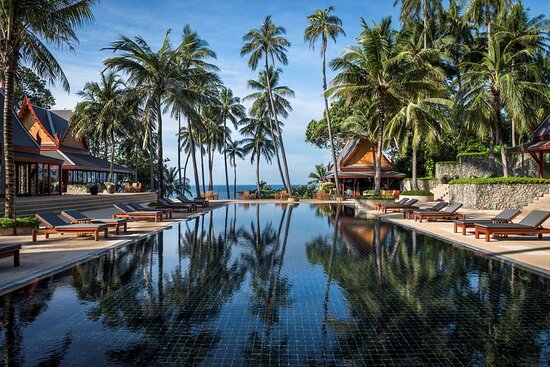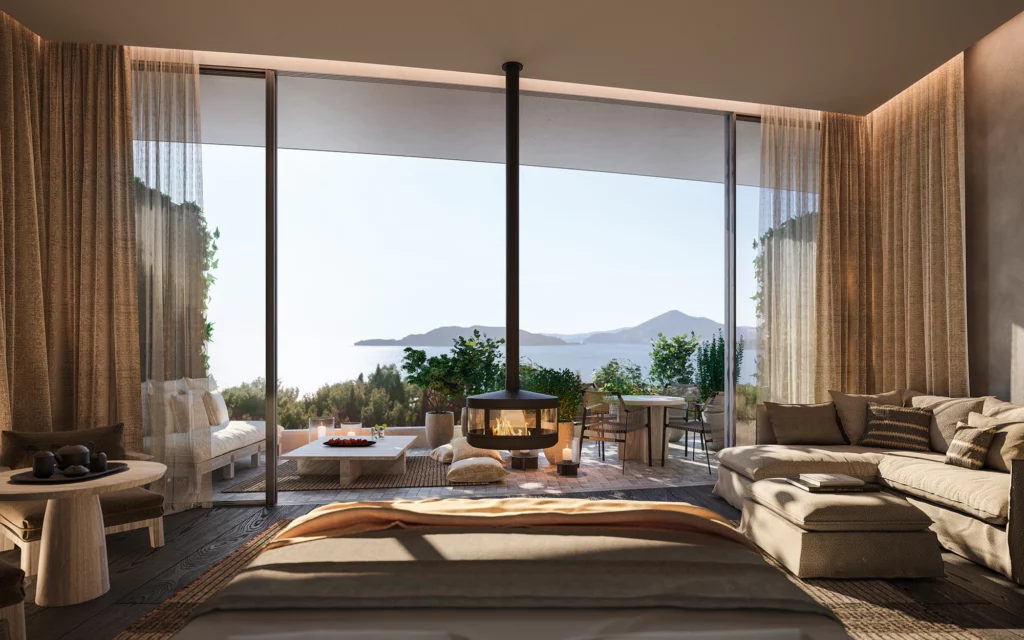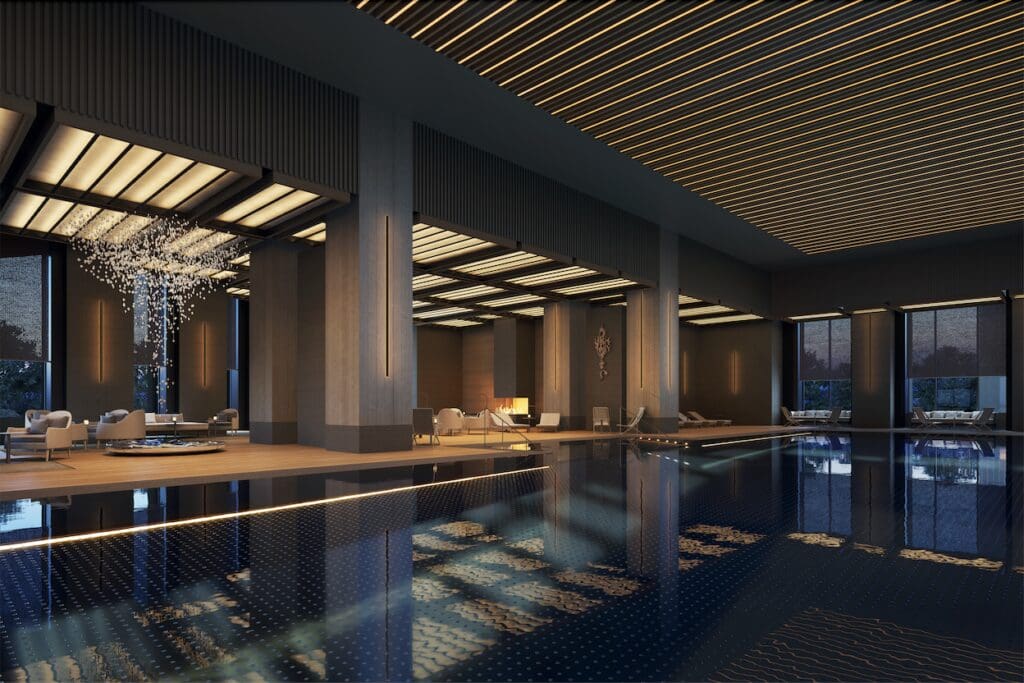The Aman group have launched Janu, a sister brand to their prestigious ultra luxurious hotels, with a focus on wellness, and rates that are a little more affordable.
The ultra prestigious Aman group which has 34 properties worldwide to date has opened Janu, a unique sister brand to their main Aman brand with a wellness theme.
Janu Tokyo is the first in the group with over 4000 square meters of Wellness space making it the biggest wellness centre in any hotel in Tokyo. Janu hotels are also promising to focus on social connectedness.
Aman was founded in 1988 by Adrian Zecha, who created remote village-like resorts offering “sanctuary hospitality” that shed the pretentiousness of many luxury properties in exchange for intimacy and gracious service.
The first, Amanpuri, was built in Phuket, Thailand, on the model of an unassuming but luxurious private residence secluded by nature.

One of Aman’s brand pillars has always been beautiful and exclusive locations. The business develops locations with views difficult for other luxury hotels to replicate but that are in easily accessible locations or in gateway cities.
Aman know their market and know their guests don’t want to waste time travelling for there luxuries they crave, but they also want to feel like they are indulging in something scare, a rare commodity in multiple ways.
Wellness is a topic of growing interest for the luxury traveller and many hotels globally are rapidly expanding their wellness offerings to include biofeedback machines, and elements of medical wellness. Janu will reportedly take this a step further with even more detox, nutrition, meditation, spa and relaxation offerings.
The average guest at an Aman property is 44 years of age. They look for farm to plate offerings and anti-ageing is a huge focus of every aspect of their lives. Aman’s wellness services extend to all fo the for outlets which serving dishes perceived to be wholesome, such as organic vegetables and grain fed meats.
Overall, Aman’s hotels and residences are designed to reflect qualities of peace, harmony, space, and balance, the company has said.
Right before the pandemic, the company announced a relatively lower-cost luxury brand, Janu. The crisis has slowed the growth of this sister brand as well as the openings of properties, but there is still much hype around this bespoke concept.

The first Janu hotel is set to open soon in Al Ula and the second in Tokyo, with Montenegro and Saudi Arabia to follow, and ten new hotels in total have been announces to open within ten years.
The company recently hired Swede Guy Heywood, formerly with Six Senses, as Janu’s chief operating officer.
While Aman’s watchword is “peace,” Janu’s is “soul.” Aman’s properties are designed for seclusion and a low-key pace.

Janu will be different, and aim to foster social connectedness through more group activities, social events and communication opportunities between guests. Higher room counts will potentially make this brand a more profitable prospect for the company and attract a potentially younger crowd.
The concept of the new Janu brand offering has been reported as similar to fashion brands launching more affordable products to their fans who can’t afford the very top end of their offerings.
If you can’t afford a Chanel handbag for more than $20,000, the luxury retailer will offer you a bracelet for only a few thousand.
Back to Aman, and another extension of Aman’s social connectedness could be an exclusive members club. Soho House have proved just how lucrative and popular this can be – and given Janu is taregttin millennials, this may well work even better there.

Another element of the Aman expansion is Aman Essentials, which has been launched which is an exclusive collection of fragrances, leather goods, and high-end fashion.
Aman owner Vladimir Doronin outbid luxury business LVMH who wanted to buy the prestigious hotel group, so it is possible they may want to team up for future collaborations – and these could potentially extend to the new Janu brand with different offerings at different price points.
There is no doubt this is an exciting time for both Aman and Janu. Luxury travellers are spending more than ever, and a new luxury era of travel seems to be underway, particularly from the Americans who talks to the strength of the dollar have a lot of spending power and pent up desire for hedonistic travel experiences.



